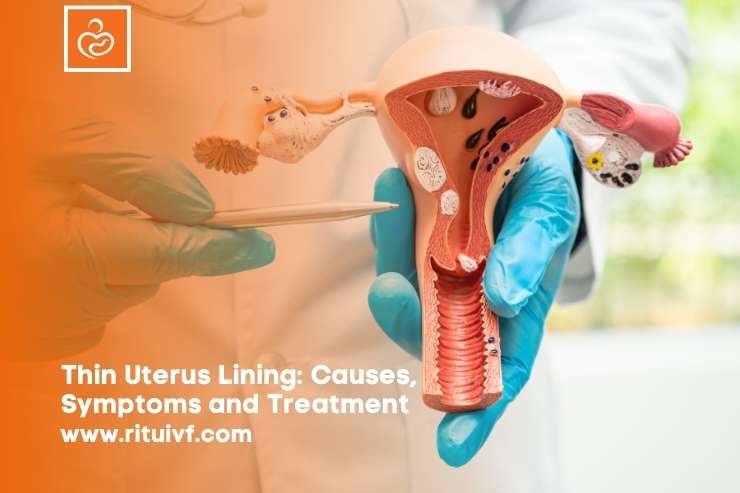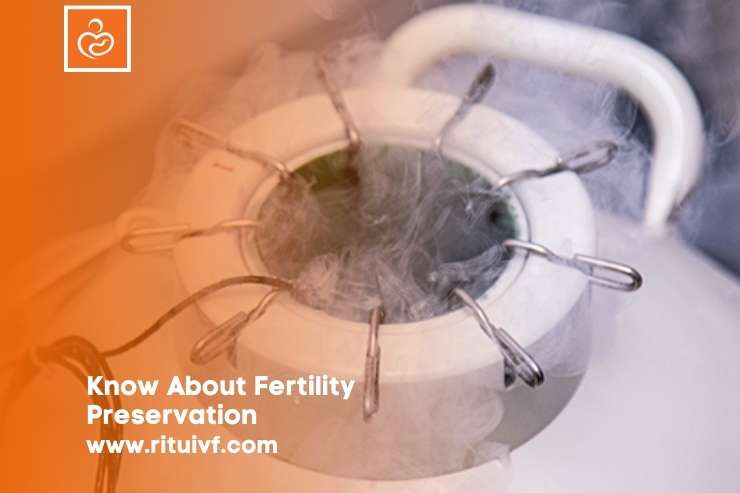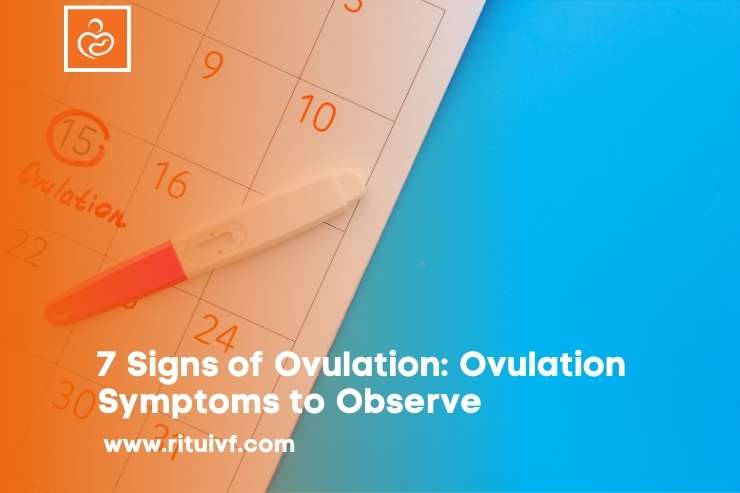The modern women of today are career-oriented, ambitious, and independent. They confidently pursue their professional milestones. Neither do they believe in the idea of marrying someone just to start a family. But the biological clock doesn’t stop ticking, and luckily, fertility experts now have an awesome solution. Human oocyte cryopreservation can solve all your problems if you feel you aren’t ready to conceive now but you’re also eager to become a mother someday.
So, should you consider oocyte freezing? More importantly, what are the chances of having a successful pregnancy with the help of a cryopreserved oocyte? How much will oocyte cryopreservation cost?
What is Oocyte Cryopreservation?
Every month, one of your ovaries produces one egg. While you had almost 2 million eggs at the time of your birth, every month the number keeps decreasing. You may think you still have a lot left but when you turn 35+, you’ll be left with around 25,000 eggs. By the time you are 50, our egg count will be about 1,000. So, your chance of conceiving naturally will be very low.
Oocyte cryopreservation or egg freezing is a wonderful discovery in the field of medical science. In this process, oocytes are first extracted and then frozen in a lab. This way, eggs can be stored for years.
The first human birth from a frozen oocyte occurred in the year 1986. However, the oocyte cryopreservation process has gained immense popularity in the past few years.
Embryo Cryopreservation Steps
Now have a look at the steps followed by leading hospitals during egg freezing.
- Initial screening
- Ovarian stimulation
- Surgical procedure
- Cryofreezing
Egg freezing: Who is it for?
There are many reasons why women opt for cryopreservation:
- A woman suffering from cancer is required to undergo radiation therapy or chemotherapy and if the radiation reaches the ovaries, this can lead to infertility. So, cancer patients might be advised by their healthcare professional to freeze the eggs before their cancer treatment commences.
- Surgery can also cause damage to a person’s ovaries.
- Sometimes, chromosomal abnormalities (like Fragile X syndrome and Turner syndrome) can cause premature ovarian failure. Some women also have a family history of premature menopause.
- Genetic mutations may leave healthcare professionals with no alternative but to remove ovaries.
- Ovarian disease can cause serious damage to the ovaries.
- Fertility preservation can also be for personal or social reasons to delay conceiving.
Planned Oocyte Cryopreservation Success Rate
According to the American Society for Reproductive Medicine, the success rate of oocyte preservation depends on several factors. Two of the biggest factors are:
- the total number of eggs frozen
- at what age the woman is freezing her eggs
- the quality of the frozen oocyte
If eggs are not of good quality, mature oocyte cryopreservation can also be done with donor oocyte.
What’s the Right Age for Oocyte Freezing?
When it comes to freezing your eggs, there is no age limit. However, as you age, the potential of your eggs turning into an embryo reduces. Research has revealed that women who freeze their eggs in their late 20s or early 30s have a 95% higher chance of delivering healthy babies later.
Oocyte Cryopreservation Procedure Risks
The risks of egg freezing are similar to the risks associated with ovarian stimulation during IVF treatment. One such complication is ovarian hyperstimulation syndrome which is characterized by fluid accumulation in the abdomen and pelvis and enlarged ovaries. There can also be bleeding during oocyte retrieval.
Elective Oocyte Cryopreservation Cost
Oocyte cryopreservation is not inexpensive. However, the cost of vitrified oocyte preservation depends on several factors like the city where you like, the IVF treatment center you pick, the number of oocytes you’ll preserve, and the number of years for which you want to free your eggs.
So, to know the exact cost, reach out to a reputed fertility clinic. Don’t forget to ask about their success rate and if there are any hidden charges. If you are wondering whether it will be covered by your health insurance or not, discuss the matter with your insurance company.
The Bottom Line
We may conclude by saying that freezing your eggs will give you great autonomy. Knowing that your eggs are preserved, you can focus on your career or wait patiently for the love of your life. Sounds like a perfect plan, right?
So, just type ‘oocyte cryopreservation near me‘ and find the best fertility clinic in your neighborhood that specializes in planned oocyte cryopreservation and other fertility treatments.















